View cart “Vyakaransiddhantkaumudi (Vol. 3): Tattvabodhini teeka: Alankar Prakaran” has been added to your cart.
Telugu Verbal Bases: A Comparative and Descriptive Study
₹1,600.00
Sold By:
Motilal Banarsidass Publishing House
In stock
Too Good to Resist Sale is Live BUY AND SAVE NOW
SKU:
9788120823242
Categories: Books, Language & Linguistics
Tags: Language and Linguistics, Motilal Banarsidass
It is now over a century since Dravidian philology came into existence with the publication of
Robert CaldwellÍs Comparative Grammar of the Dravidian languages in 1856. Linguistic science,
both historical and descriptive, has since made tremendous advances throughout the world; but the
progress made in the Dravidian field has not been commensurate with what could be expected in a full century. However, with the employment of better methods, and the help of the contributions
of many Western philologists as well as some Indian scholars, we have now at least a better
understanding of the many problems of Dravidian phonology, although no progress worthy of
mention has been made in solving the problems of comparative morphology of Dravidian.
The present work, which may be regarded as a pioneering attempt in the field of Dravidian
philology, was undertaken with little knowledge of its magnitude. It was believed at that time that a thorough study of the derivation of the Telugu verb on a comparative level would provide a basic sample for phonological observations and form a basis for investigation of noun-formation in Telugu, eventually facilitating the preparation of an etymological dictionary of Telugu. Though the treatment in this work is confined to the verbal bases, most of the observations in phonology and derivation are equally valid of application to the other parts of the vocabulary. An attempt has been made to show, if not to decide, the place of Telugu in the whole family of the Dravidian languages by setting up isoglosses for the distribution of phonological, derivational, and also partly morphological features.
Review(s)
About the Author(s)
Additional information
| Weight | 0.5 kg |
|---|---|
| Dimensions | 10 × 11 × 12 cm |
| Book Author | BH. Krishnamurti |
Be the first to review “Telugu Verbal Bases: A Comparative and Descriptive Study”
You must be logged in to post a review.
-
₹495.00
-
₹495.00


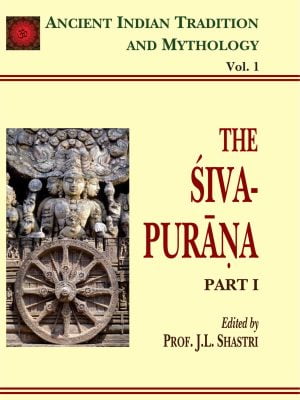
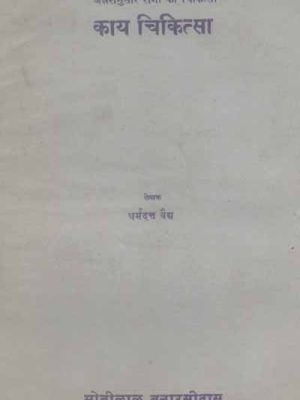
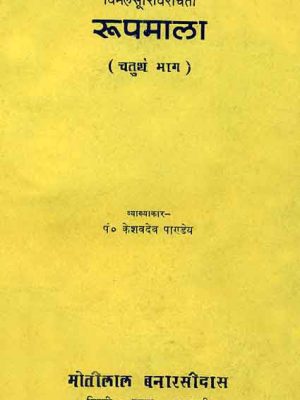
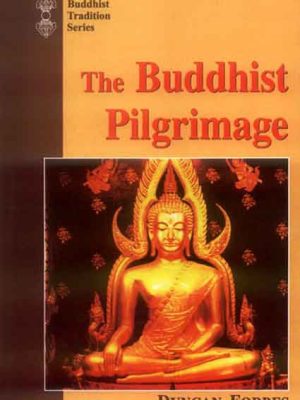
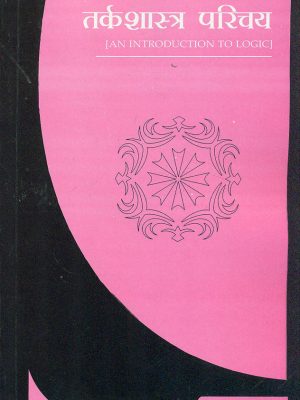
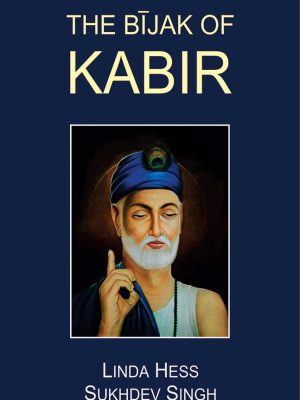
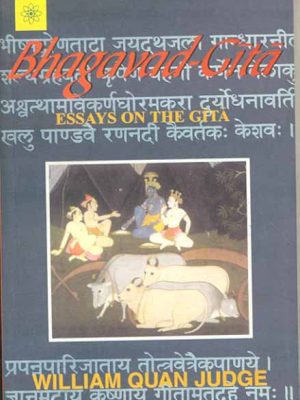
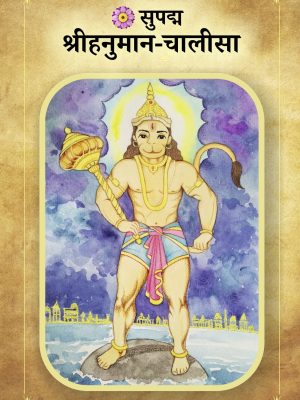
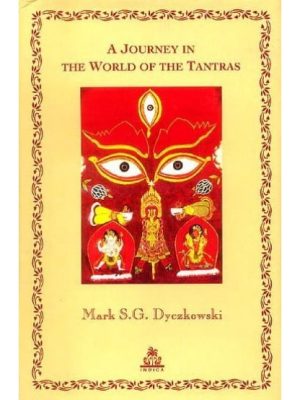



Reviews
There are no reviews yet.